California Governor Gavin Newsom has signed Assembly Bill 831 (AB 831) into law, officially banning sweepstakes casinos and social gaming platforms that mimic sports betting and real-money gambling.
The legislation, passed unanimously by the California Legislature and set to take effect on January 1, 2026, represents a sweeping move to curb unregulated online gambling in the United States’ most populous state.
The law targets dual-currency sweepstakes operators that commonly use “gold coins” and “sweeps coins” to offer cash prizes without formal gambling licenses.
California joins growing list of U.S. states cracking down on sweepstakes casinos
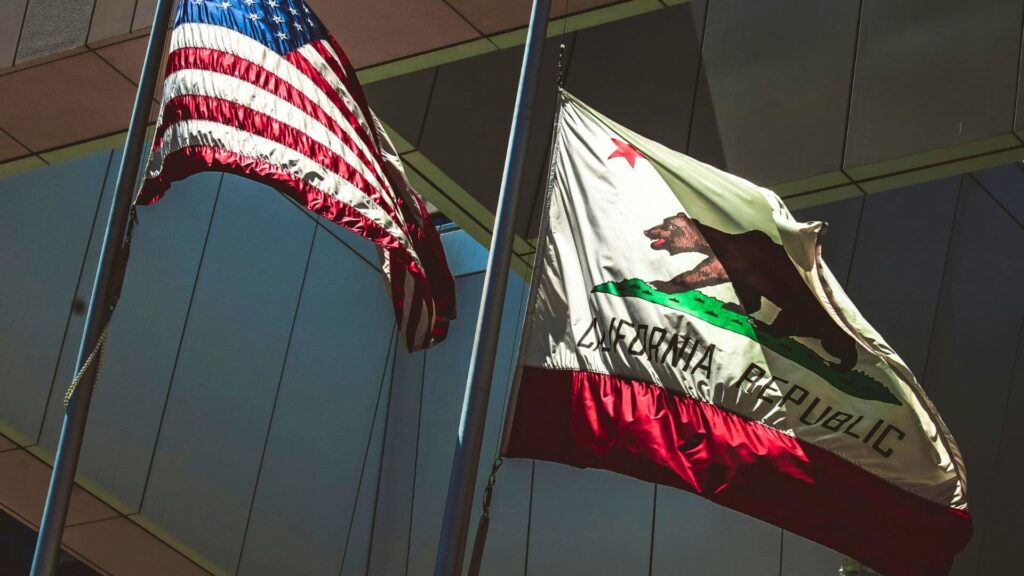
California’s decision follows similar bans in Connecticut, Montana, and New Jersey, but its sheer market size makes this the most consequential move yet in the nationwide crackdown.
Over the past year, regulators have intensified efforts to stop sweepstakes casinos, issuing more than 100 cease-and-desist letters to operators accused of violating gambling laws.
Before the passage of AB 831, Los Angeles City Attorney Hydee Feldstein Soto filed a lawsuit against Stake.us, alleging that the site was operating as an illegal gambling business.
The case also implicated the streaming platform Kick and several betting suppliers, prompting many companies to exit the California market even before the statewide ban.
Regulators have emphasized that disrupting supplier networks is one of the most effective tools in shutting down unregulated gambling.
Industry leaders divided on the new law

While the law received unanimous legislative support, it has drawn sharp criticism from industry groups and some tribal leaders. The Social Gaming Leadership Alliance (SGLA), one of the most vocal opponents of AB 831, condemned the move, arguing that it would stifle innovation and harm the state’s economy.
“We hoped that Governor Newsom would see past the anti-competitive efforts of the powerful, well-funded tribes behind this bill and veto AB 831, but he chose the easy, short-sighted path and turned his back on choice, innovation and economic gains,” Jeff Duncan, Executive Director of SGLA and former representative for South Carolina’s 3rd Congressional District, said.
Industry research has estimated that banning sweepstakes gaming could eliminate up to $1 billion in annual economic impact and cost the state between $200 million and $300 million in potential tax revenue had the industry been regulated instead of prohibited.
Several smaller tribal nations, including the Kletsel Dehe Wintun Nation, Sherwood Valley Rancheria of Pomo Indians, Mechoopda Indian Tribe of Chico Rancheria, and Big Lagoon Rancheria, have also voiced opposition, arguing that the bill undermines tribal sovereignty and favors larger, established casino operators.
Supporters of the bill, including major tribal operators and state legislators, maintain that the law is essential to protecting California’s regulated gaming ecosystem and ensuring fair competition.
Legal experts say California’s move could set a precedent for other U.S. states weighing how to define and regulate sweepstakes-based gambling, as the industry continues to evolve beyond traditional casino and sports betting models.
With enforcement beginning in 2026, California’s ban signals that the era of unregulated sweepstakes casinos in the U.S. may soon be coming to an end.


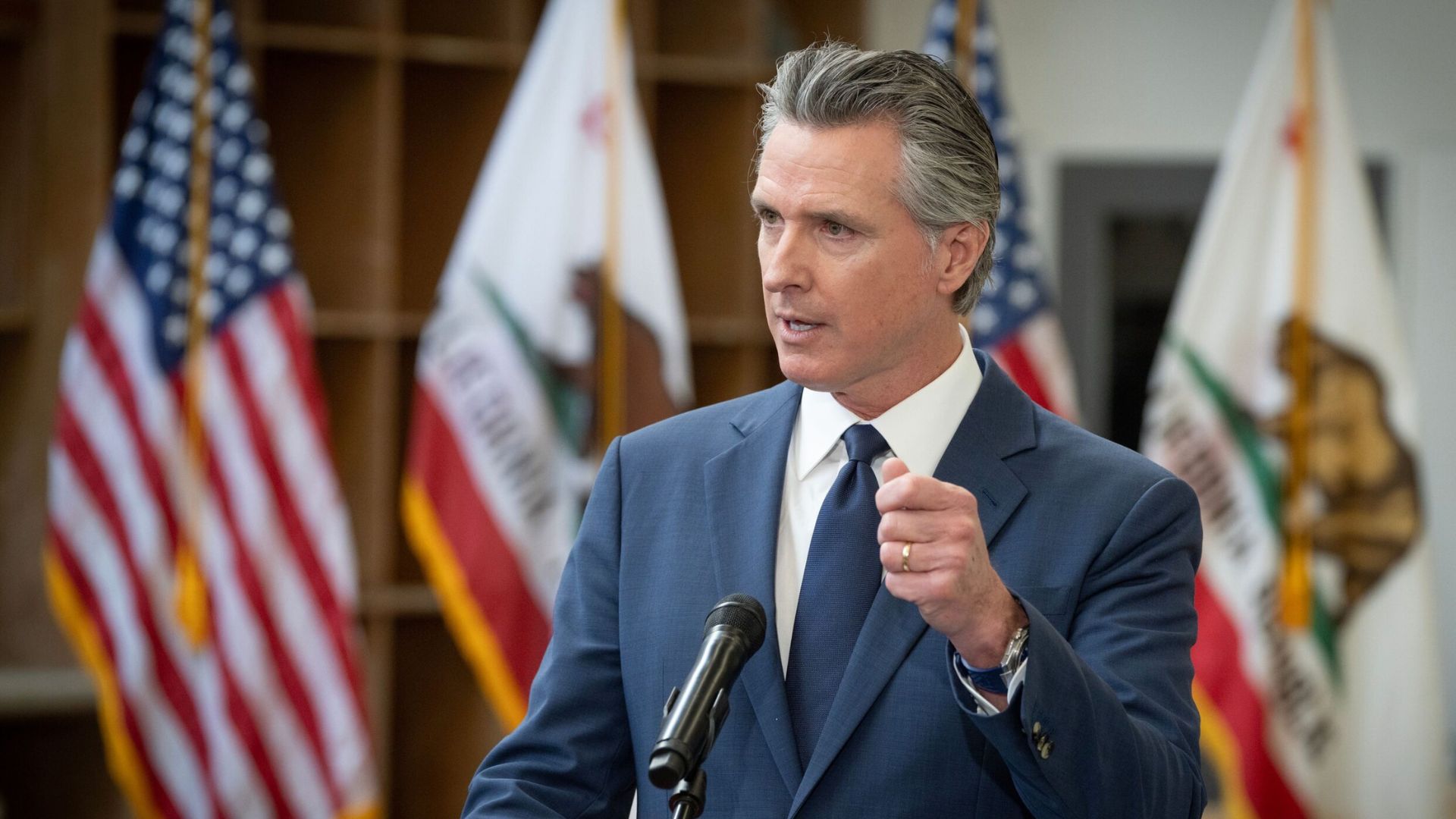
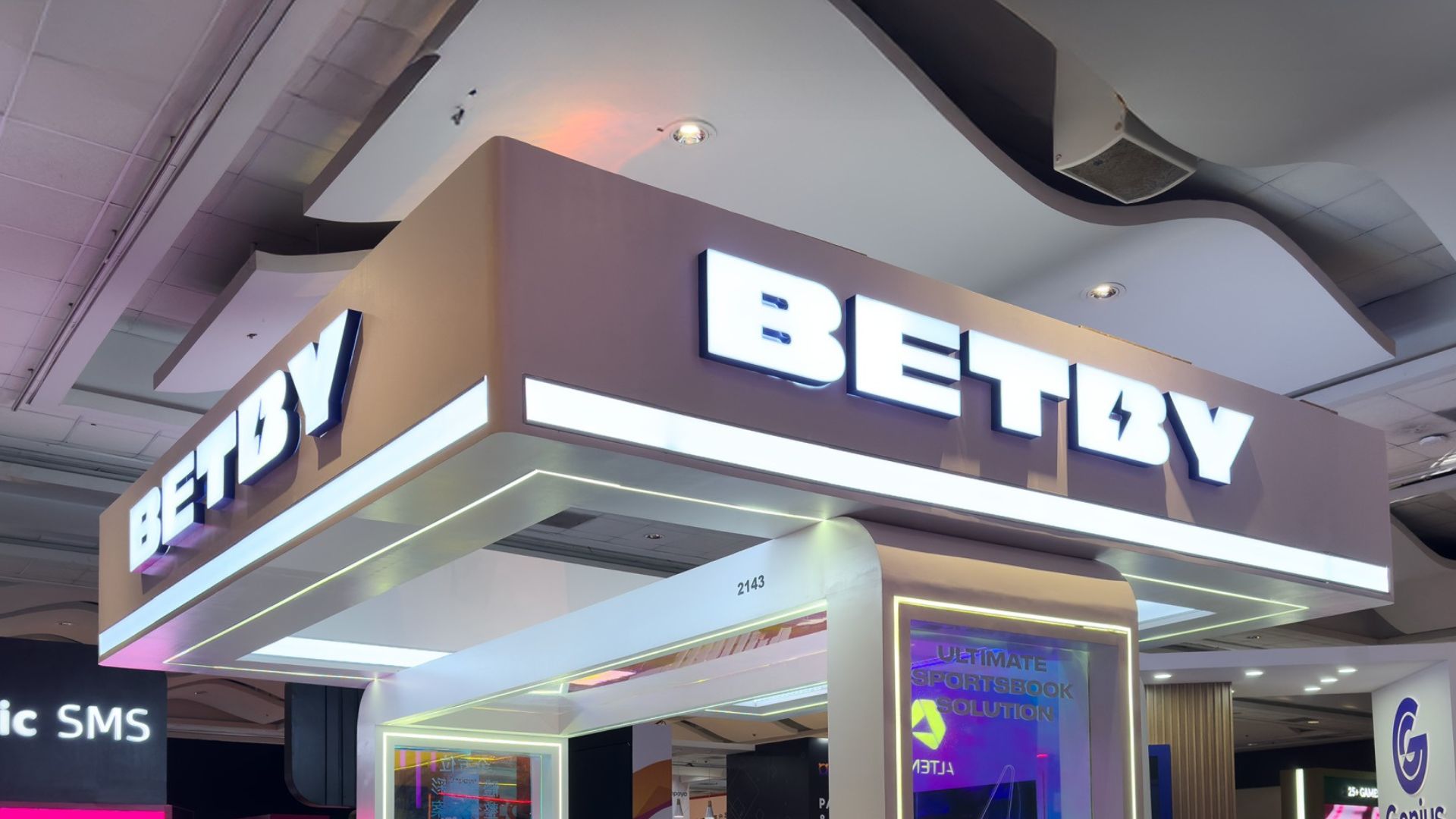


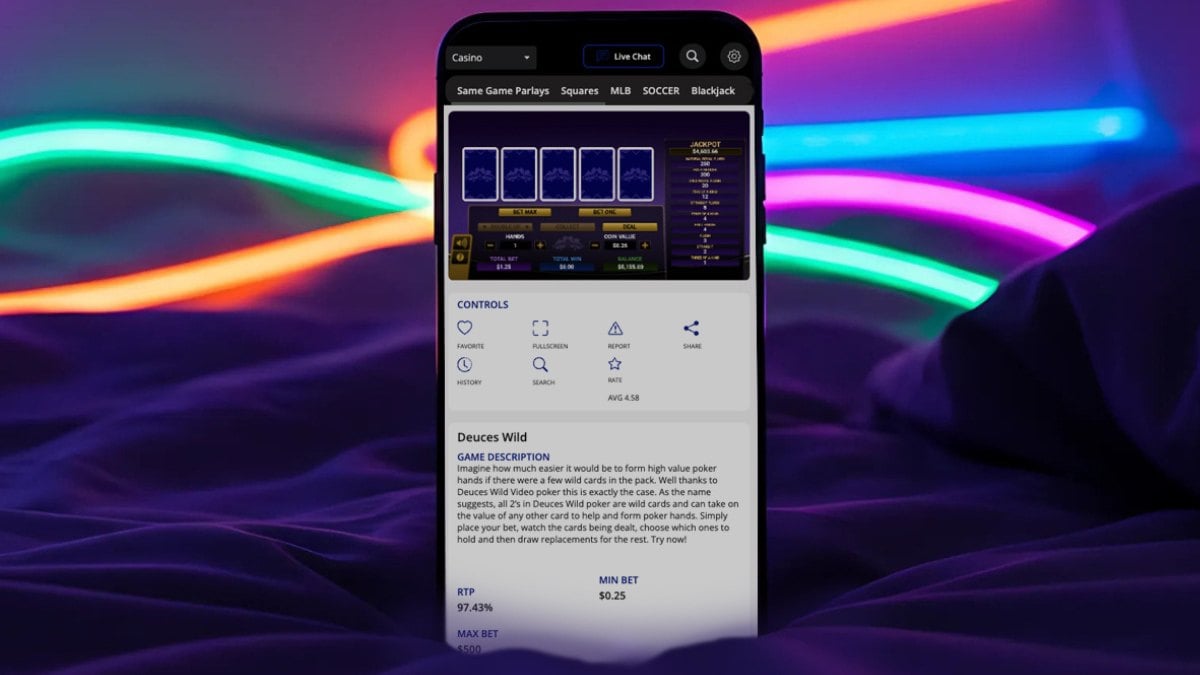
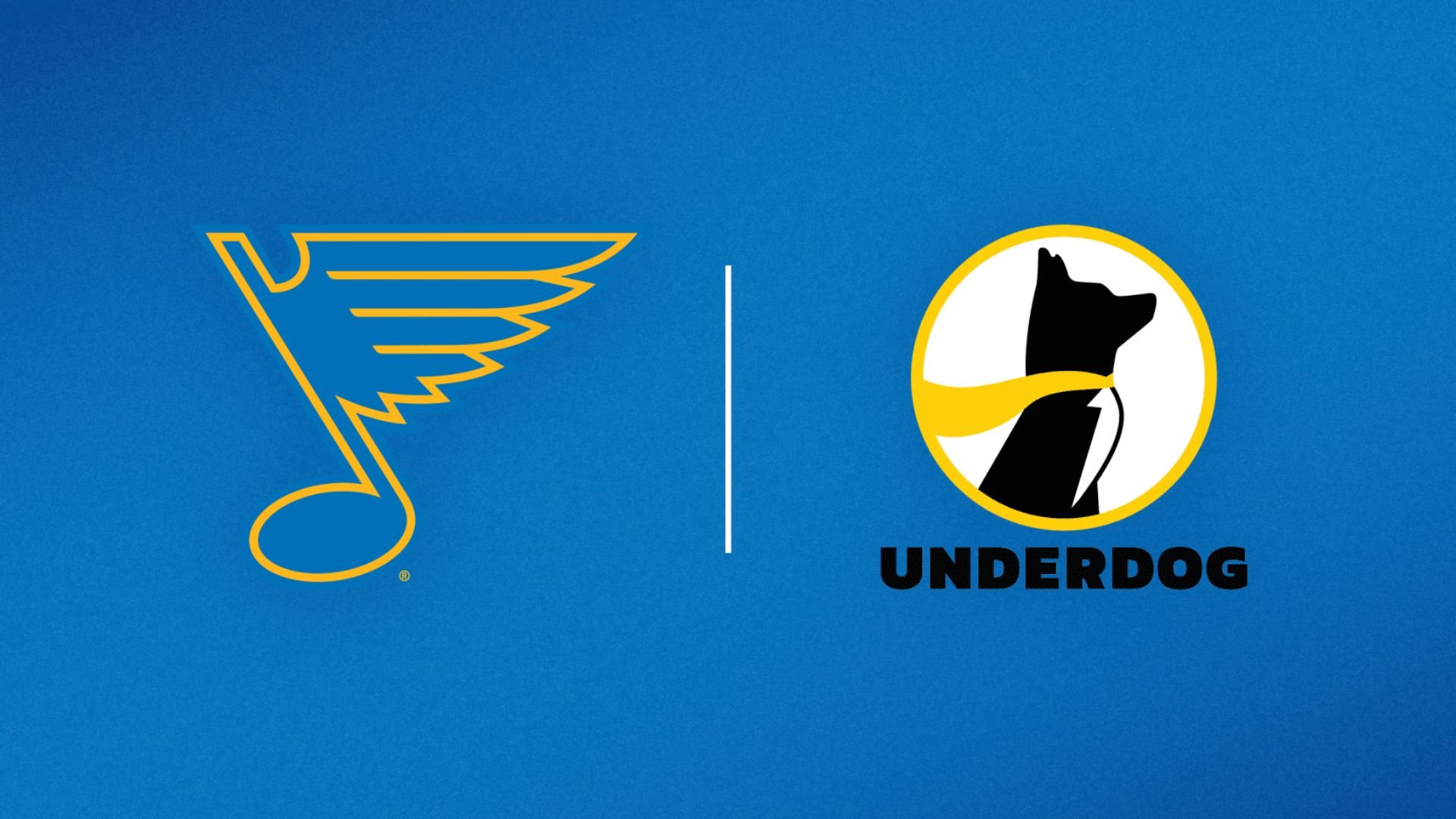



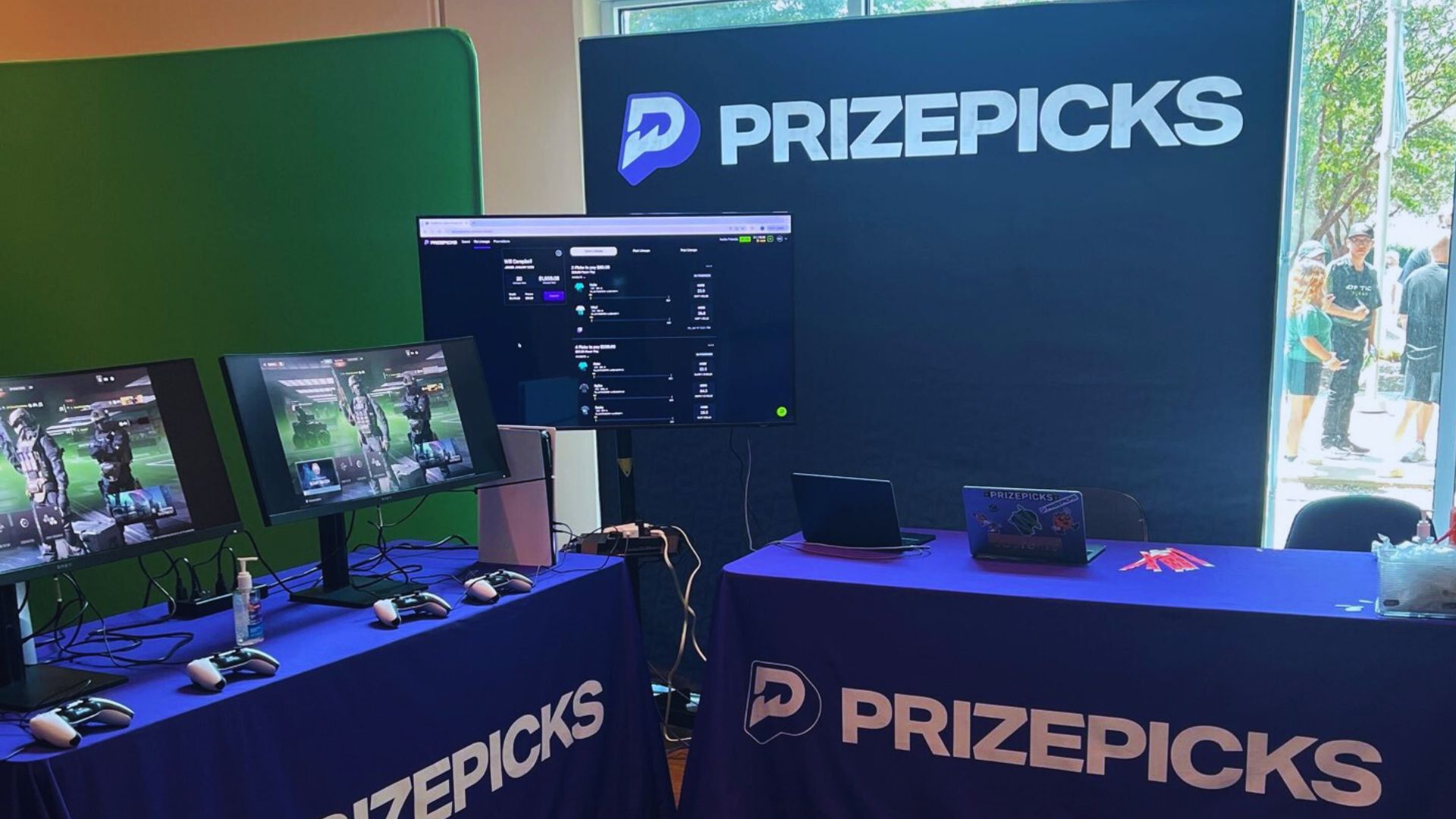
Published: Oct 14, 2025 11:44 pm